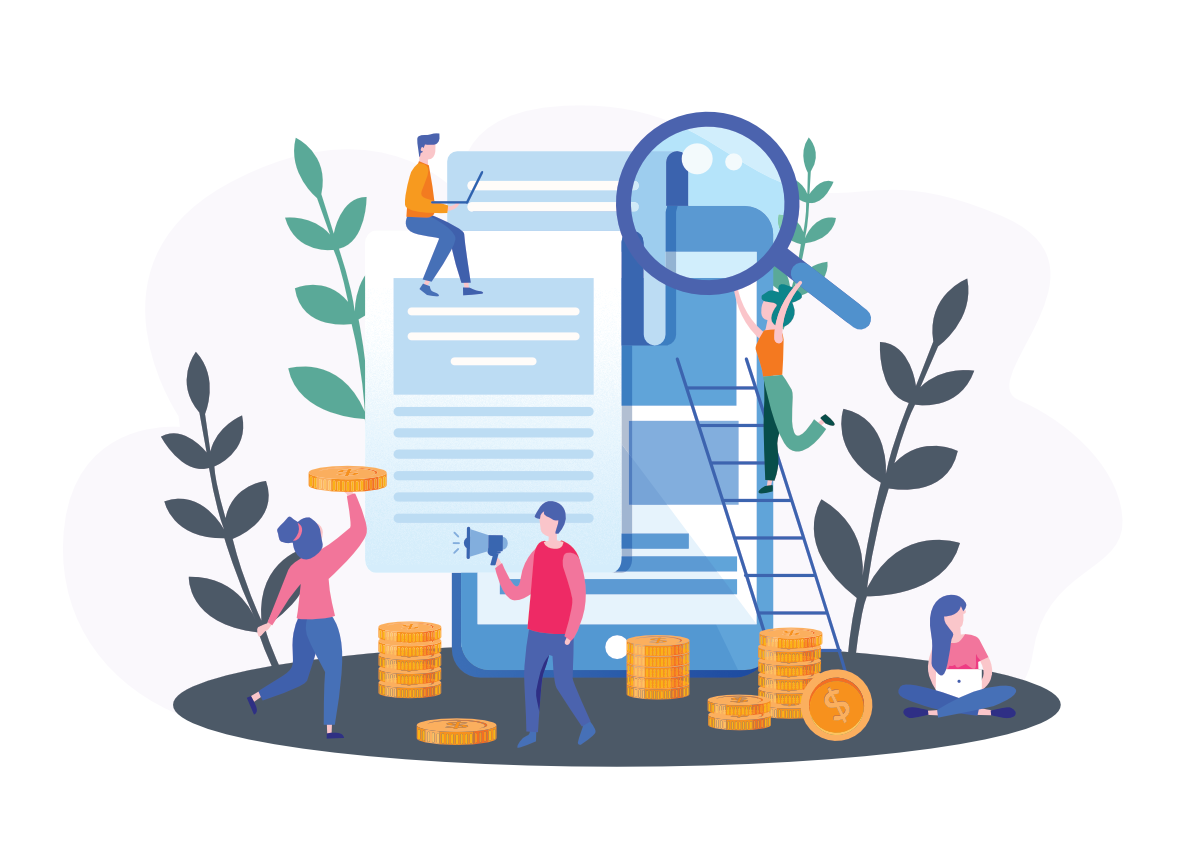What to do when a customer's ABN is cancelled.



ABN's can be cancelled for many reasons, but the most common reasons why ABN's are deliberately cancelled include:
In addition, there are a number of reasons why an ABN might be cancelled, but not deliberately, by a business. These include:
No matter what the reason, ABN cancellations are a leading indicator of upcoming payment issues, so as a supplier you should assume the cancelled ABN is a problem and take action to understand a customer ABN cancellation before it potentially affects your cashflow and your ongoing relationship.
Which specific action you should take when you find out about a cancelled ABN depends on whether or not you have an outstanding invoice and whether the customer is a company or a sole trader/partnership. Below is an overview of each case and what actions you might consider taking.
It's critical that you contact the business immediately to understand what has caused the ABN cancellation and the impact it might have on the likelihood of invoice payment. For instance, if the business has shut down you need to understand your rights as a creditor (these may vary depending on whether it was e.g. a sole trader or a company which has ceased operating). If the businesss has been sold however, you need to understand who the new owner is and whether or not they've taken on the debt obligations from the previous owner.
Either way, your possible actions will vary depending on whether the business customer that owes you money was simply a registered business or was a company. If you're not sure whether your customer is a company or a sole trader/partnership you can use our ABN Lookup tool to get the relevant details
SOLE TRADER OR PARTNERSHIP SHUTS DOWN AND OWES YOU MONEY
In the case of sole traders or partnerships, the business owners are personally liable for the full debts of the business.
That means there is no distinction between the “business" assets and the “personal” assets of the owners, so if you start legal proceedings to recover any debt and a judgement is entered into against the business that owes you money, the business owner’s personal assets such as their house, or car etc. may be seized and sold to pay the judgement debt.
If the business is a partnership rather than a sole trader, all partners are “jointly and severally” liable for the debts of the business. That’s a legal term that simply means partners are responsible for the full debt, either individually or as a group, so as a creditor you can chase your debt from one partner or from all of them.
Of course legal action should always be considered as a last resort and the best result is to come to an agreement with the business owner(s) about how they might be able to pay their debt to you. If that's not possible, it might be worth engaging a debt collection agency if you don’t mind giving up some of the payment you’re owed for the convenience of having a third party act on your behalf.
COMPANY SHUTS DOWN AND OWES YOU MONEY
Companies are viewed as legal "people" by the law, which means that, as a general rule, the company itself, not the directors of the company, are liable for its debts.
Companies are not permitted to voluntarily shut down if they have outstanding debts so if the company has ceased operating while it owes you money it will likely have become insolvent. A company is deemed to be legally insolvent when it can’t (as opposed to won't) pay its debts when they are due. When a company becomes insolvent there are clear processes for what the company must do and clear guidelines for who gets paid first if there aren't sufficient assets to pay all people who are owed money.
The best place to understand your rights as a creditor to an insolvent company is the ASIC website. A great starting point is their page on Dealing with Insolvent Companies.
As mentioned, cancelled ABNs are a leading indicator of upcoming payment issues, so even if you don't have an outstanding invoice with your customer, you should still try to understand why their ABN has been cancelled.
If you’re unable to satisfy yourself that the customer is trustworthy and will continue you to pay for work you do, there are a number of things you can do to reduce your payment risk for any future work. These include:
Of course, any decision should be made in context of your relationship with the customer and your understanding of why their ABN was cancelled, but we have to reiterate again that ABN cancellations are a leading indicator of current or future payment issues so you should remain cautious if you get this alert.